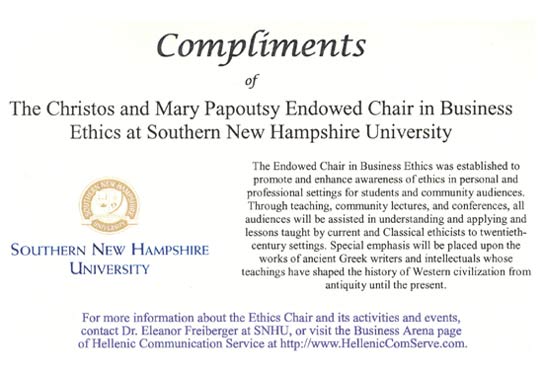
|
Cream of the Crop By Peter R. Worrell |
Recently, much has been written about the fall-off in private equity investment activity. Declining (perhaps negative) rates of return on fund investments made in the late 90s, and even isolated cases of certain firms giving back their limited partners' original contributed capital (that's return of capital, not return on capital) are in the news. While possibly accurate, these anecdotes obscure the real story. It is fundamental that every industry reaches a phase in its evolutionary maturity when the driving forces of consolidation begin to appear. It is hardly surprising to see symptoms in the private equity investment industry today that signal overcapacity and a likely period of consolidation. What is most interesting to us is not merely who will survive the shakeout, but what strategies of certain private equity players will cause them to thrive in this next stage of their industry? The best private equity firms have begun to target industries and companies who will benefit from implementing transformational marketing, distribution, and value-added service strategies. There are plenty of manufacturing-centric industries whose past success was largely derived through continually wringing out the cost of manufacturing. Many manufacturers' costs today continue to be too high on a global metric, and that cost reduction process needs to accelerate. But today, the larger opportunity exists to restructure the business model: which competitor is it that garners the most value (and ultimately profit) out of the existing supply chain? This can be accomplished through innovative service and delivery models, private label or house brand building, or maximizing the inherent "push" influence of dealer/distributor networks, to name a few such initiatives. And no one is more receptive to obtaining this incremental body of knowledge and skillset than the incumbent agile owner/manager. This unique contribution to the value-building exercise by private equity owners will serve as differentiation in an increasingly crowded and competitive landscape, where the owner/manager already has "too many clues". Which of the nearly one thousand strong private equity firms that exist today will be the cream of the crop and rise to tackle this challenge head-on, to build the next generation of investment returns?
Back to Business Arena
2000 © Hellenic Communication Service, L.L.C. All Rights Reserved. |

